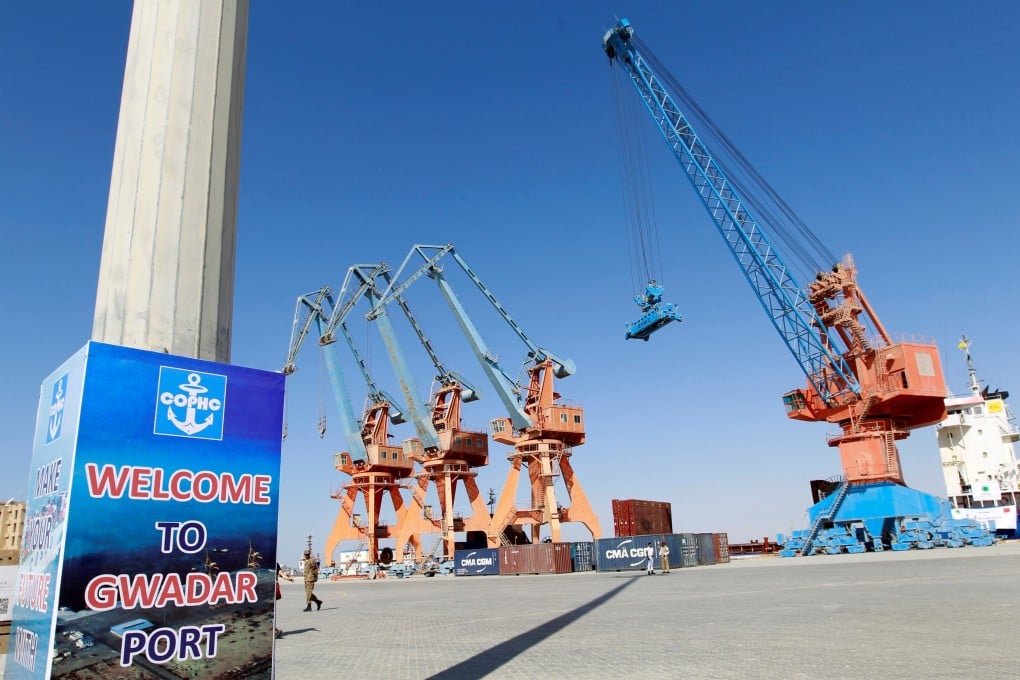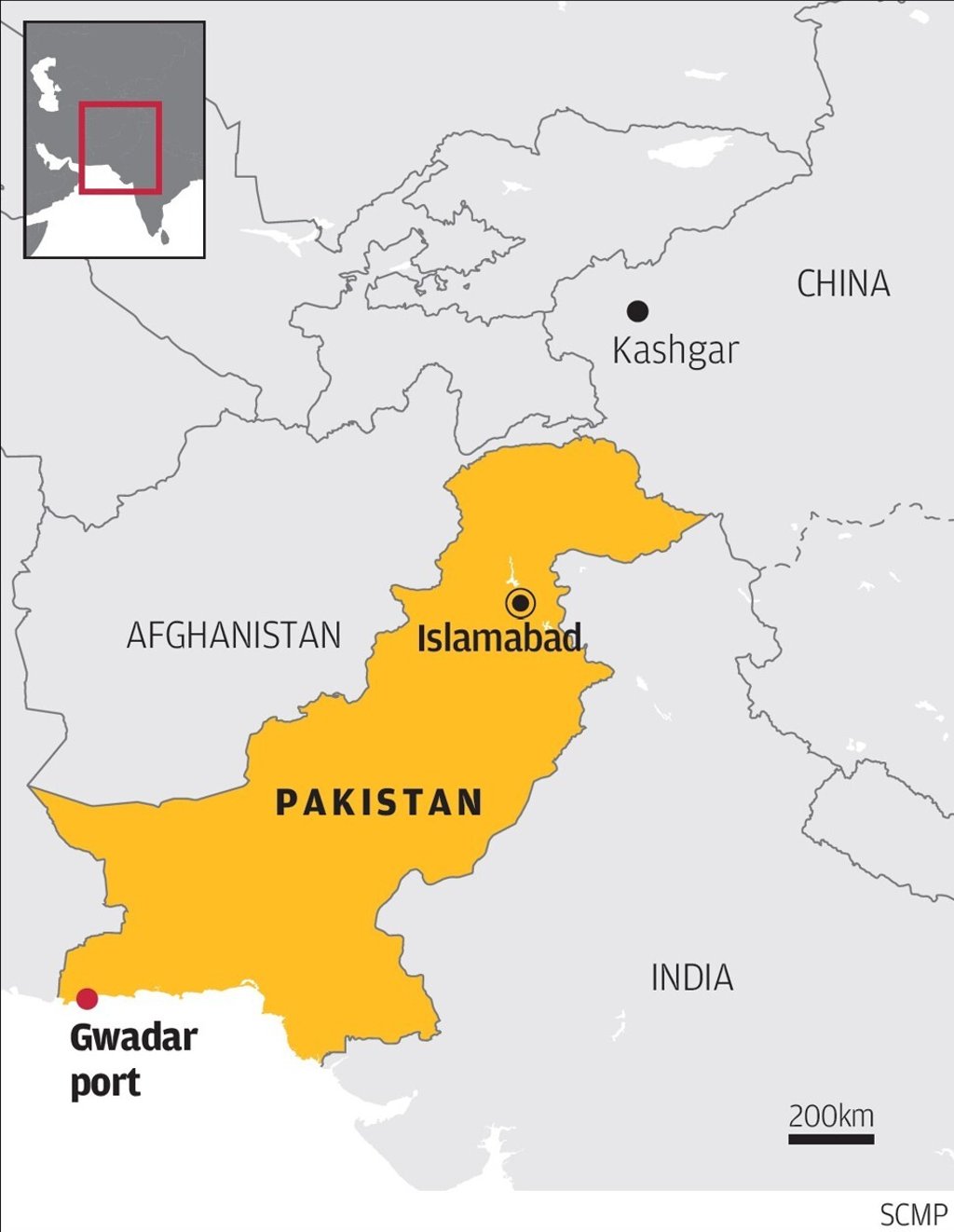Advertisement
Pakistan seeks peace with Balochistan rebels, with China and Afghanistan on its mind
- The insurgency in Balochistan and conflict in Afghanistan are stymying development activity in a key area for Beijing’s Belt and Road projects
- Pakistan wants the Taliban to restrain the Afghanistan-based TTP jihadists, who are allied with Baloch rebels, from waging cross-border attacks amid the US army pull-out
Reading Time:6 minutes
Why you can trust SCMP
5

Pakistan’s Prime Minister Imran Khan has taken tentative steps to initiate peace talks with separatist rebels in its southwestern Balochistan province, home to the Chinese-run deepwater port of Gwadar, amid the threat of insurgencies fuelled by civil war in neighbouring Afghanistan.
Ethnic Baloch nationalist politicians and exiled rebel leaders have viewed the move with scepticism because they are unconvinced Pakistan’s powerful military will endorse any meaningful concessions offered by Khan’s government.
However, they have stopped short of rejecting Islamabad’s move to end the conflict, which has raged in many areas of sparsely-populated Balochistan, a key area for China’s US$60 billion Belt and Road Initiative to boost global connectivity. Instead, they are awaiting clarity from the government on the terms of and participants involved in the prospective dialogue.
Advertisement
While Khan’s bid to negotiate with the insurgents is also aimed at improving security for China-Pakistan Economic Corridor (CPEC) projects, latest developments have underscored the challenges Islamabad faces to ensure the security of large numbers of Chinese workers based at infrastructure projects across Pakistan.
Advertisement
On Wednesday, nine Chinese workers were among 13 people who died, when a blast on a bus they were travelling on sparked a fire, sending the vehicle plunging into a ravine. A local government official told AFP that a further 28 Chinese nationals were injured. No group has taken responsibility for the attack.
While Pakistani officials said they were investigating the incident, Chinese officials said they believed it was an assault on their nationals. The workers consisted of engineers, surveyors and mechanical staff on their way to the World Bank-backed Dasu Hydropower project in Khyber Pakhtunkhwa province in northwest Pakistan.
Advertisement
Select Voice
Choose your listening speed
Get through articles 2x faster
1.25x
250 WPM
Slow
Average
Fast
1.25x
